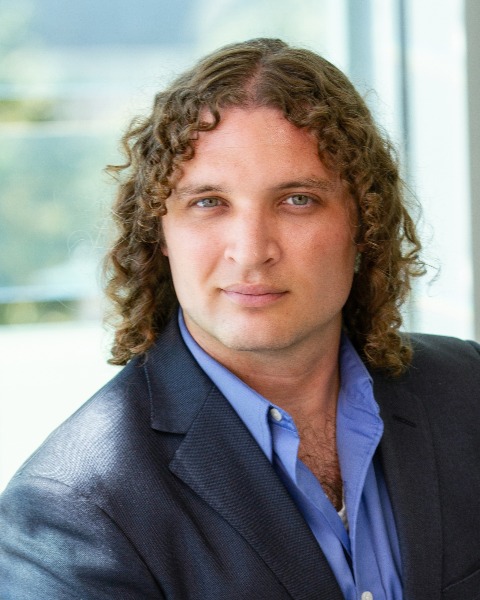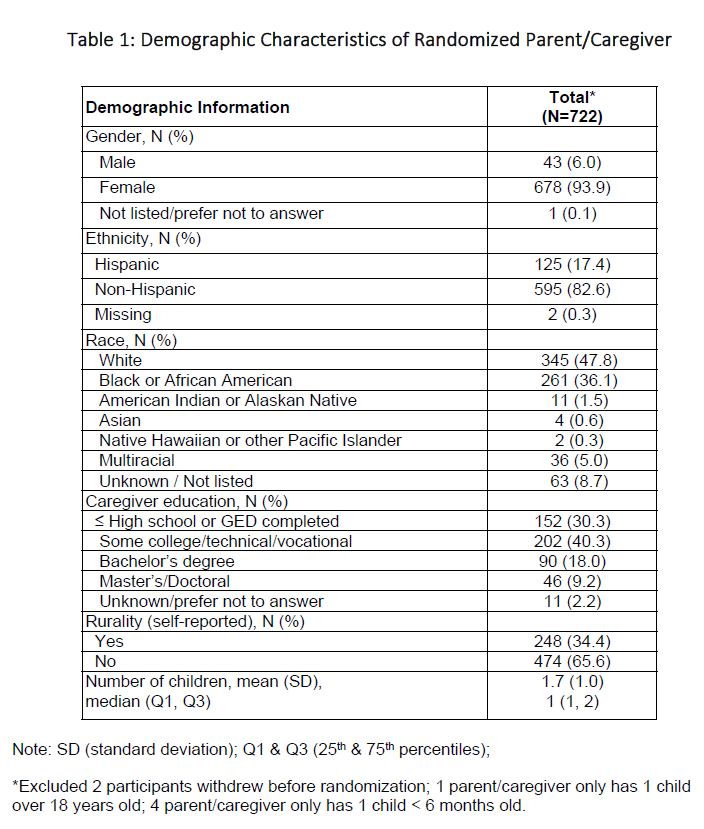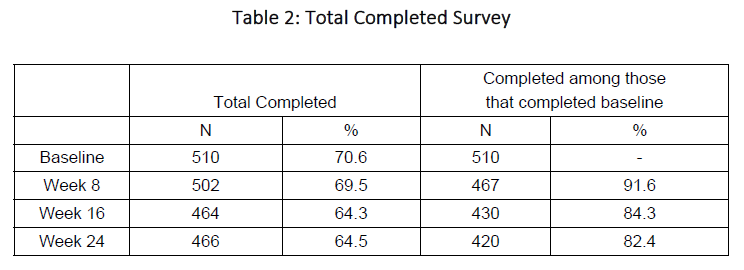Health Equity/Social Determinants of Health
Session: Health Equity/Social Determinants of Health 1
434 - Efforts to Maximize Recruitment and Retention of Caregivers from Medically Underserved Communities in an mHealth Randomized Vaccine Clinical Trial
Friday, May 3, 2024
5:15 PM - 7:15 PM ET
Poster Number: 434
Publication Number: 434.256
Publication Number: 434.256

Jonathan M. Figliomeni, MHA (he/him/his)
Research Project Manager
University of Nebraska Medical Center
Omaha, Nebraska, United States
Presenting Author(s)
Background: The Environmental influences on Child Health Outcomes Institutional Development Award (IDeA) States Pediatric Clinical Trials Network (ECHO ISPCTN) is represented by 18 states with the primary aim to increase research opportunities for rural and underserved children and families. Many challenges come with participation in a clinical trial, especially for those from rural and underserved communities.
Objective: To describe the efforts implemented to maximize recruitment and retention of diverse caregivers from medically underserved and rural communities in the Improving Pediatric COVID-19 Vaccine Uptake (MoVeUP) multi-site randomized trial.
Design/Methods: MoVeUP was conducted in 15 states and 29 clinics within the ECHO ISPCTN. To participate, clinics had to serve patient populations that were either > 40% from a rural zip code or < 60% non-Hispanic White. Study coordinators prioritized recruitment efforts by focusing on individuals from rural zip codes, who were Spanish-speaking, or whose race/ethnicity was listed as other than non-Hispanic White. Coordinators routinely followed up with randomized participants to keep them engaged in completing study activities. Descriptive statistics were used to compare sociodemographic data collected from those enrolled to the broader national population to assess representativeness of the study cohort.
Results: Nearly 3,000 (n=2,999) caregivers were screened from July 2022 to February 2023. Of those screened, 722 were randomized (24%), 2,270 failed screening, 2 passed screening but withdrew before randomization, and 5 were recategorized as ineligible and dropped from the study after randomization once it was determined that their children were ineligible based on age. Among the randomized caregivers, 17.4% (n=125) self-identified as Hispanic (versus 18.7% nationally), and 36.1% (n=261) identified as Black (versus 14.2% nationally). Moreover, more than 1 in 3 caregivers identified as living in a rural area (34.4%, n=248) compared to 1 in 5 nationally (20%). 70.6% (n=510) of those randomized completed the baseline survey, the first milestone. Of those caregivers who completed the baseline survey, 82.4% completed the final milestone, the Week 24 survey, showing a high retention rate until the end of the 24-week study period.
Conclusion(s): The MoVeUP trial successfully recruited and retained diverse participants from underserved and rural communities across the US, showing that efforts to prioritize certain sociodemographic groups during recruitment are effective.


